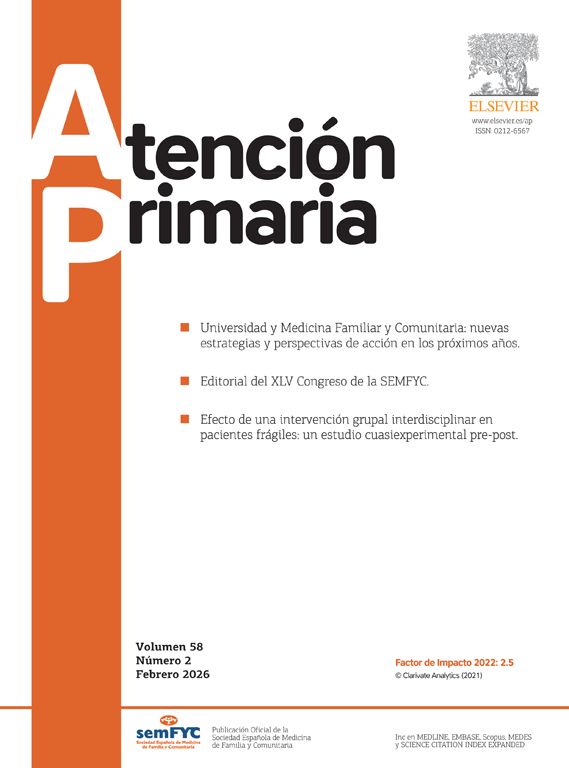Workplace violence is a problem that affects health professionals both in Primary Health Care and in hospitals in various parts of the world1,2 and is prevalent among nursing professionals.3 This violence generates high human and socioeconomic cost,4 creating the need for health institutions to develop plans to prevent violent incidents at the workplace.5
The indications on the use of training programs on workplace violence are recurrent in the literature, and are becoming a standard practice for help health care professionals in the care of aggressive patients and thus avoid lesions.6 For this reason, we consider it important to conduct a review in order to get up-to-date information on the effectiveness of strategies with an educational focus aimed at nursing professionals for improving results related to workplace violence.
To this end, the databases CINAHL (Cumulative Index to Nursing and Allied Health Literature), MEDLINE (via PubMed) and Web of Science were accessed and up-to-date research articles that reported the application of educational strategies with the purpose of improving aspects related to workplace violence, having mentioned at least the post-intervention effects, were gathered with the use of three strategies that integrated the following Medical Subject Headings (MeSH) terms, keywords and Boolean operators: (1) Education; Training Programs; Training Program; Educational Activities; Educational Activity; Program Development; (2) Workplace Violence; Verbal Abuse; Physical Violence; Physical Abuse; Mobbing; Incivility; Bullying; Sexual Harassment; (3) Nurses; Nursing Staff. In each search, the words were merged with the OR operator and the combining of the three strategies using the AND operator was subsequently performed. The participation of nursing professionals in the studies was considered for selecting the articles as well as year of publication (January 2007 to June 2017, the search in the databases having been performed on July 05, 2017) and language (English, Spanish and Portuguese).
This review demonstrated that certain strategies focusing on professional education have generated positive results regarding identification, handling, reducing of frequency and risk of incidents. However, the reduction in frequency after the strategy had been applied was not determined by all the studies, and the results presented by the research sometimes diverged from one another, with significant pre- and post-intervention differences in some studies and non-identified in others. This context indicated that it is necessary to search for studies on the theme of interest in the specialized literature, to assess the quality of the evidences and to identify aspects of the most effective educational and management strategies6 for developing new educational programs in accordance with the existing purpose and resources.
We also recognized the importance of considering other aspects (e.g., structural aspects) that favor the occurrence of violent events at the workplace, since the training of professionals only may not be enough to solve the problem. Furthermore, additional studies that evaluate the effects of new educational strategies or other strategies on the results related to workplace violence are extremely needed in hospitals and in other levels of health care, such as Primary Health Care, and in some countries, for instance in Brazil. Countries and their healthcare institutions should be aware that the issue is not fighting or not against workplace violence, but which plan of action should be used to prevent it or reduce the risk of its occurrence.
FundingThis study is related to the doctoral research of the first author supported by grant #2016/06128-7, São Paulo Research Foundation (FAPESP), National Council for Scientific and Technological Development (CNPq) and Coordination for the Improvement of Higher Education Personnel (CAPES).






